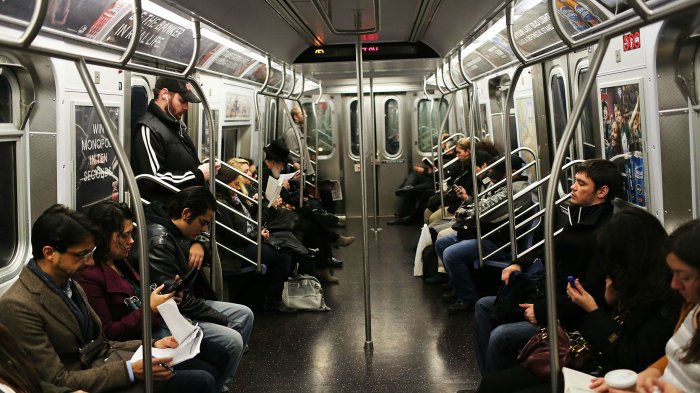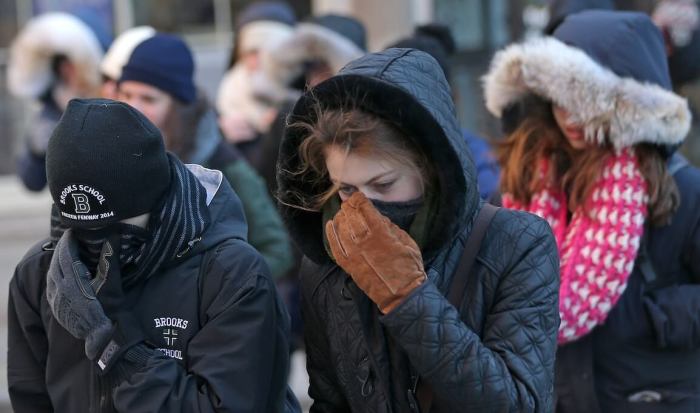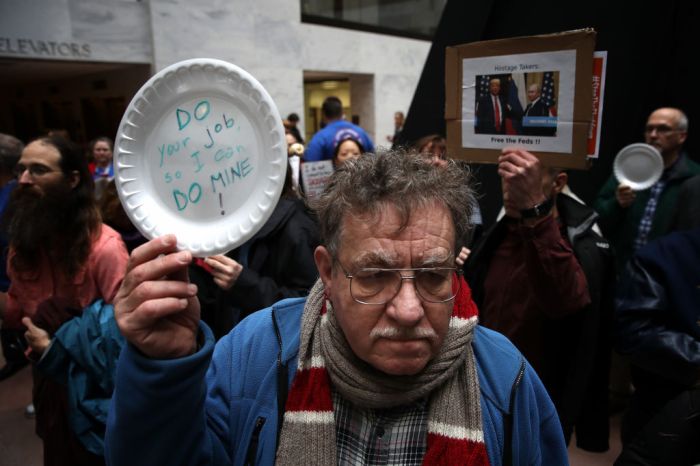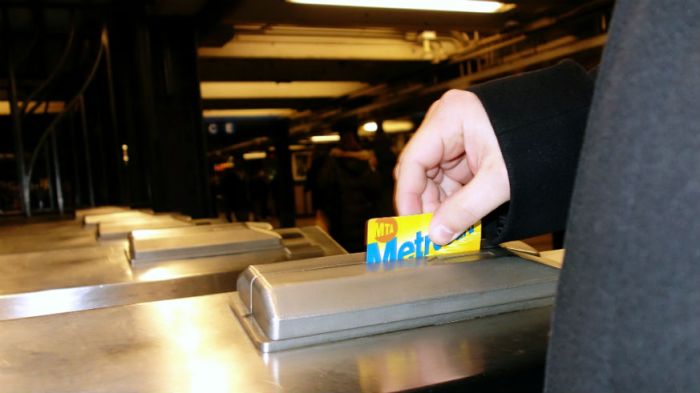While most New Yorkers are readying themselves for the day ahead, Judge Robert Sweet is just about finished lacing up his skates for his ice-dancing lesson at Chelsea Piers’ Sky Rink.
Sure, exercising first thing in the morning is something many people do, but the ice-dancing Sweet is arguably more unique than most as he’s 95-years-old — and still an active federal judge in the U.S. District Court for the Southern District of New York.
In fact, after his twice-a-week lessons with two-time Olympic ice dancer Samvel Gezalian, Sweet can usually be found in his chambers on Pearl Street, where he still clocks in five days a week, something he partly credits to ice dancing.
“I figured this is good brain stimulation, and it’s a unique sport,” said Sweet, who also swims and plays tennis. “First of all, it’s good exercise, and balance, as one ages, is one of the problems that everybody worries about. You’re on a very thin blade, and your entire body is involved because you have to be in the correct position.”
Sweet, who now wears a helmet after getting a concussion on the ice a few years back, has been training with Gezalian for almost 20 years, since he picked up the sport at the behest of his wife, Adele, a former competitive figure skater and skating judge.
When asked how Adele would score his skating, which has been at the pre-silver level for about two years, Sweet only laughed.
Sweet, who Gezalian calls “Bobby,” said his coach “pushes me, hopefully not beyond my capacity. He’s wont to say at my age if I can stay at the same level, that’s winning, but I’m trying to improve,” he said.
To “Coach,” “everything” about Sweet is surprising. “He’s a fascinating guy. You don’t see federal judges skate, it doesn’t go together,” Gezalian said. “At his age, I never see anybody skate.”
Sweet was appointed to the Southern District of New York by President Jimmy Carter in 1978. One of his law clerks was former New York Gov. Eliot Spitzer, and he’s presided over many prestigious cases, including a consumer obesity lawsuit against McDonald’s and Facebook’s initial public offering among others, but a 2010 case regarding a patent on the breast cancer gene is among the most notable for him.
“They patented the breast cancer gene, so if you wanted to be tested to find out if you had the breast cancer gene, you had to pay this company to take the test,” he explained. “Various organizations brought a lawsuit saying that genes are like nature and you can’t patent nature, and I concluded that the patent office was wrong.”
A federal appeal was made, and Sweet’s ruling was partly reversed, but the case eventually reached the Supreme Court, which adopted what Sweet said was the “really substantial part” of his ruling.
“I felt this was important, and I hoped my findings of fact, which is what I do, would help, and I’d like to think that it did,” he said.
Despite the senior status that enables him to roll back his caseload, Sweet still has around 200 civil cases and between 40 to 50 criminal cases each year.
“It’s nice, clean indoor work,” he said.
























